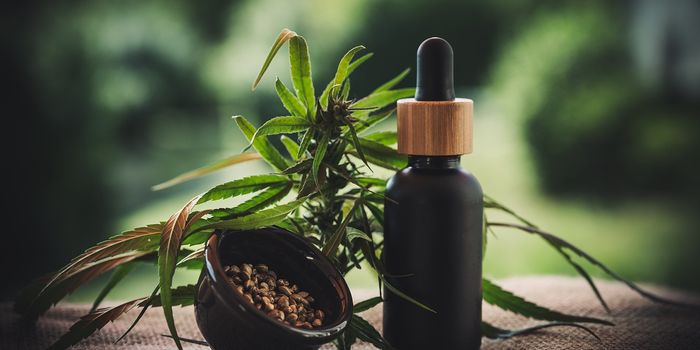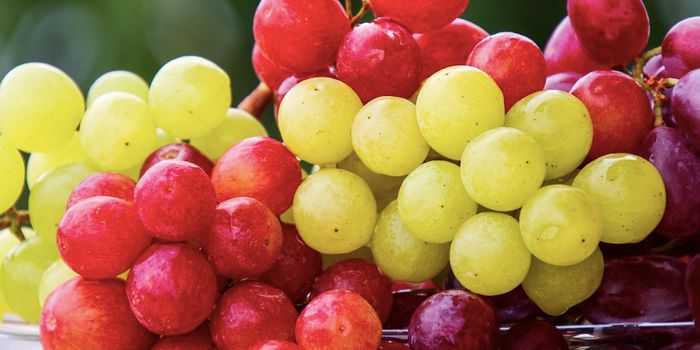The Benefits of Vertical Farming
In some parts of the world where agriculture becomes a problematic endeavor, vertical farming offers a potential solution. Newark, New Jersey is a great example, as it tends to be somewhat of a food desert.
Vertical farming resolves many of these struggles by enabling scalable food production. Workers can adjust various factors to make plants grow faster or taste better, all with up to 95% less water and no harmful pesticides, herbicides, or fungicides.
Vertical farming is made possible with aeroponics, LED lighting, and cloth-based growth mediums. Workers can even adjust the LED light to increase stress on the plants, which changes the characteristics of the food they produce.
All kinds of plants can be grown with vertical farming, including most leafy greens, fruits, and vegetables, making it a great way to sustain food production in places that would otherwise suffer from food shortages.








